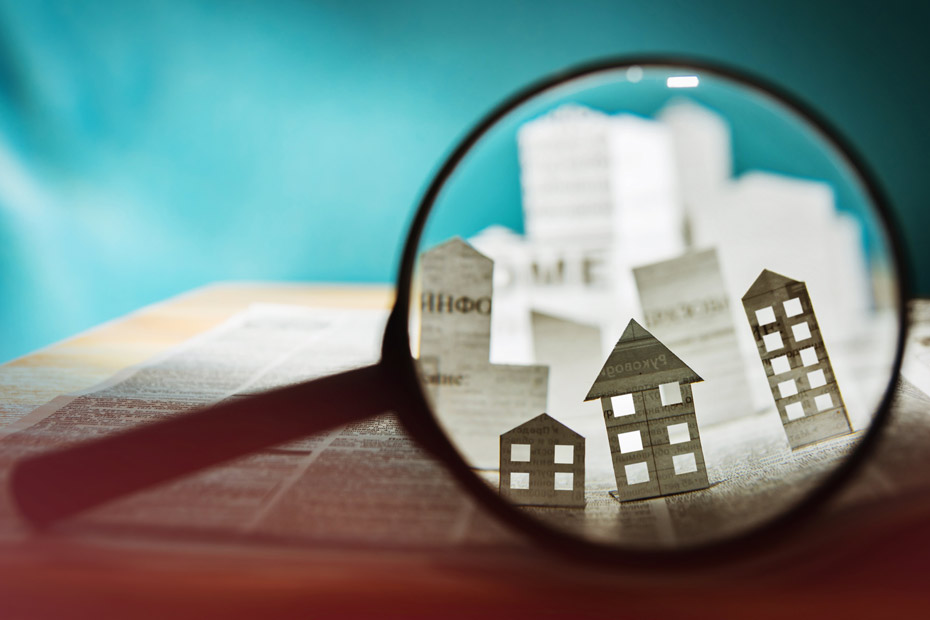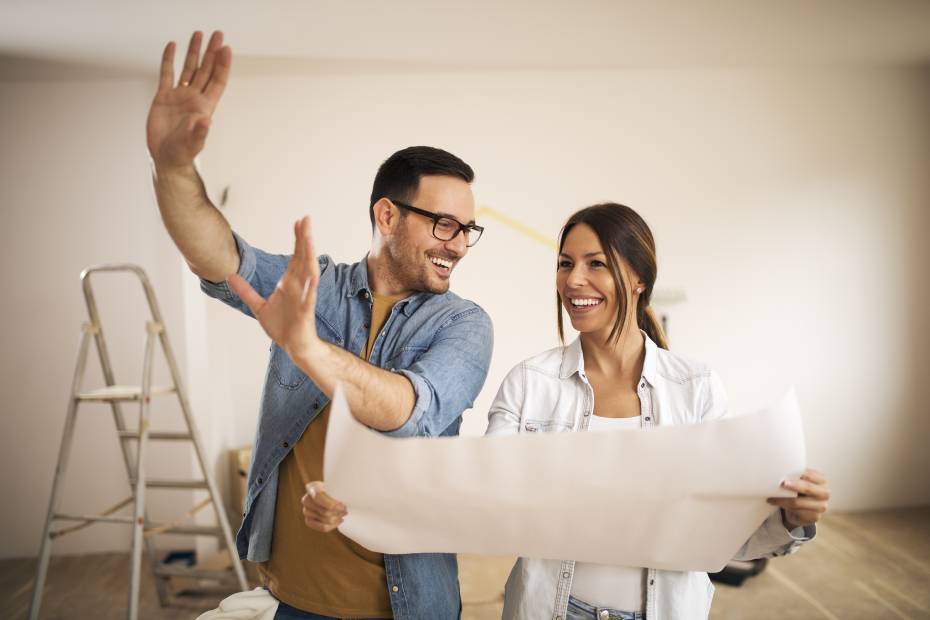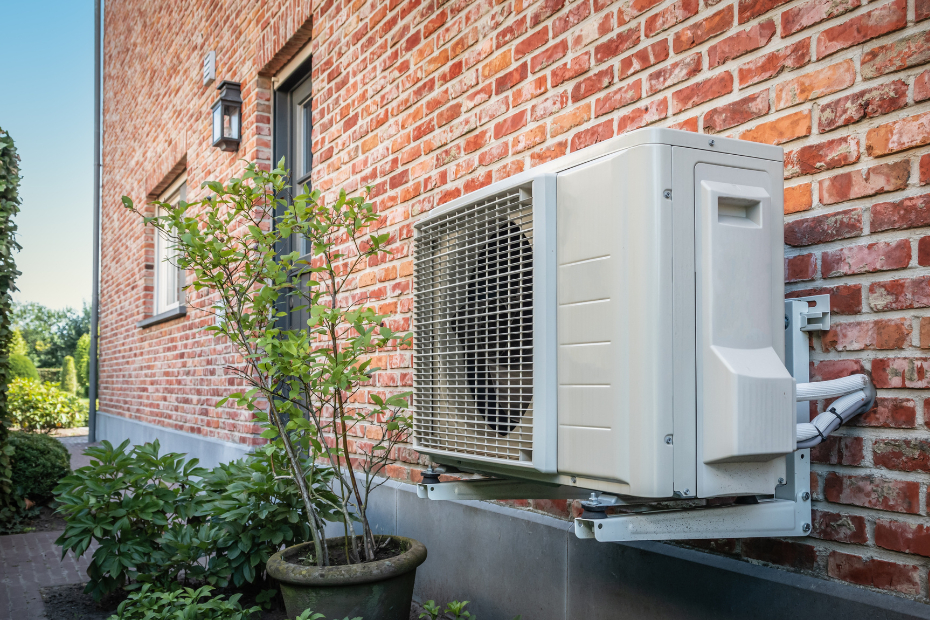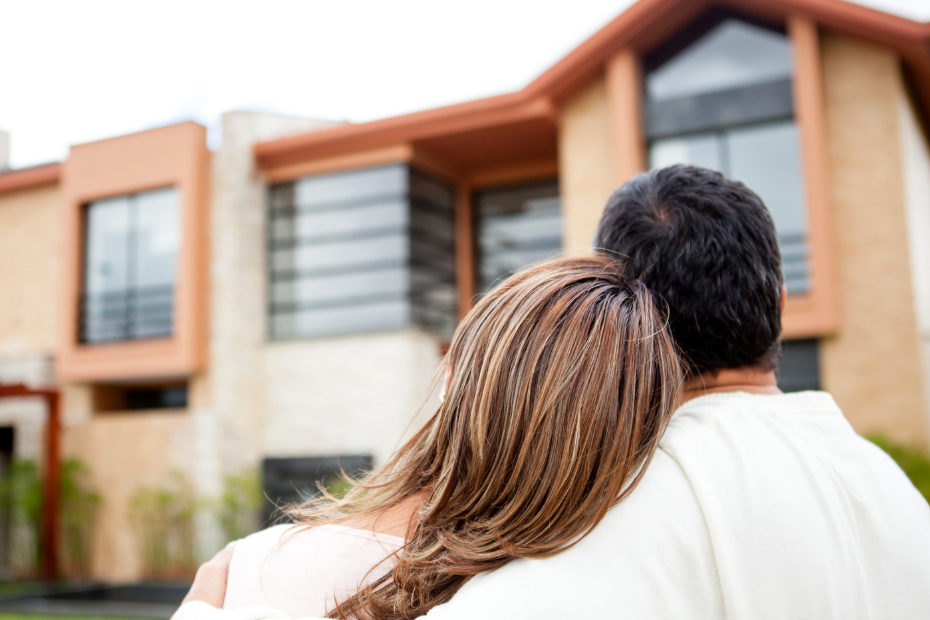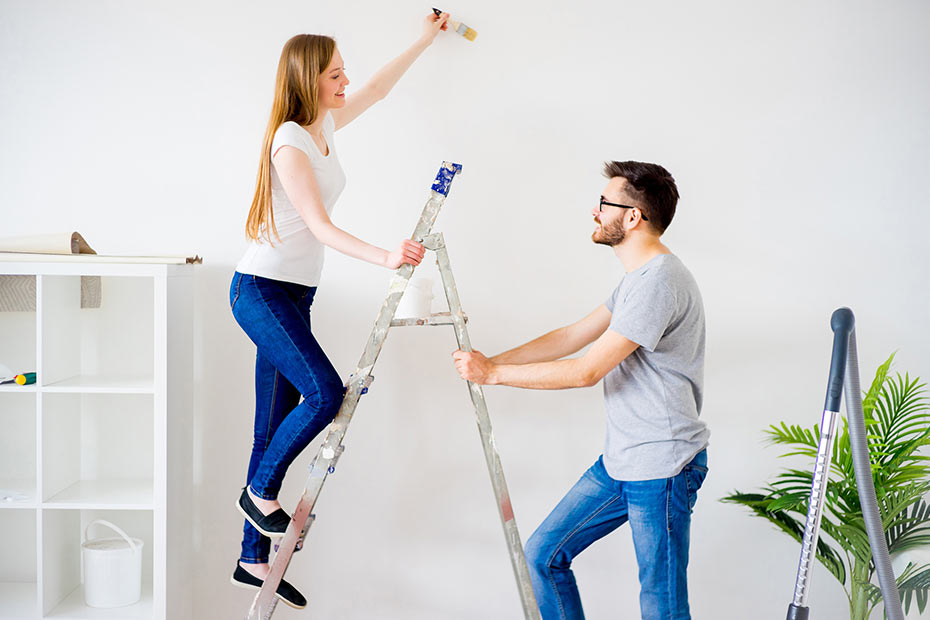For many buyers considering their next home purchase (whether it’s their first home, third or eighth), the decision to buy new or resale is often an early one to make. But it may not be easy, with benefits and drawbacks to each path. Need to get a feeling for which one is right for you? Here are five questions to ask yourself as you consider which direction to take.
1. Do I want a “blank slate” or a house with history?
One of the most appealing aspects of a brand new home or new construction is the opportunity to customize it from the start. You can express yourself with finishes that reflect your tastes, preferences and personality, and enjoy knowing that everything in the space has been made, placed and finished just for you. With decision-making power over structure, layout, finishes and more, you have the opportunity to make your new home your own.
But this idea of starting from scratch isn’t for everyone, as some people love the feeling of breathing new life into an older home.
“One of the great things about buying a resale home is that it’s all set up for you – the windows coverings are there, the appliances are in, it’s painted, there are light fixtures, often with a fence and a finished basement” explains Robin Bruyns, Sales Representative with Royal LePage First Contact Realty in Barrie, Ontario. “With new construction, you might not have grass for a while or be able to finish the basement right away.”
Plus, if you prefer to walk through a physical space and get a feel for a home before you buy, an existing home may be the preferred option for you.
2. Do I want to move in now, or can it wait?
One of the big distinguishing factors of buying new versus existing is your move-in timeline. When buying an existing home, you can generally set a possession date of 30-60 days from the date of signing your purchase and sale agreement. For a new build, that timeline may extend considerably. In fact, many new-builds come with timelines between 1-3 years from the purchase date to your move-in date.
“Some buyers need an immediate home,” says Bruyns. “Most builders aren’t providing standing inventories so you may be looking two years down the road before you take possession.”
3. DIY or DI-No?
When you buy a newly constructed home, the builder will take care of finishing the home to your specifications — so there will be little need to take on a major remodelling project in the near future. Also, the chances of needing to tackle major repairs — such as a leaky roof or failed furnace — in your first 7-10 years are very unlikely. And if you do face any issue, most home builder warranties will cover almost anything that happens to your home in the first couple of years.
For the DIYers out there, however, there can be nothing more exciting than getting their hands on a big project like resurfacing a floor, knowing down walls or remodelling a kitchen. If you’re looking to roll up your sleeves and make your own mark on a home, you’ll want to find that fixer-upper that’s waiting for your touch.
4. How strong are my budgeting skills?
Both new and existing homes come with their share of beyond-the-purchase-price expenses — so it’s wise to have a budget in mind for both the price of the home itself and the extra costs that may come after.
When it comes to new-builds, the base price tends to be just the starting point — it will include the structure, the lot and all the standard finishes, which typically aren’t the highest quality options available. To get your house looking the way you want, you’ll have to choose some upgrades, which may quickly increase the price of your home.
“Model homes are always going to be dressed up with above-standard finishes,” cautions Nicole Daoust, RBC Mortgage Specialist. “And when buyers see upgraded options, they want them in their homes too. One of the problems buyers can run into is that they might not even meet with the décor centre until a few months before their home closes, which is when they select their upgrades. While they have budgeted — and been approved for – one purchase price, with upgrades that price may go up considerably. I always coach my clients to understand their maximum budget and know just how much they can spend on upgrades.”
For existing homes, on the other hand, you may need to contend with renovation costs — whether you’re making small changes (like changing the paint colour), or big ones (like updating the kitchen or remodelling the bathrooms). You may also have repairs to make, should your home inspection reveal the necessary fixes required to make the home safe.
Whatever path you choose, the chance is high that you’ll encounter expenses beyond the purchase price of the home. Before you make your home buying decision, you’ll want to understand the scope and scale of these costs, create a budget that you’re comfortable with, and set aside enough funds to cover the surplus.
5. How important is it to go green?
New-builds are generally more energy-efficient than older homes, as they may include newer materials like vinyl windows, new door trims and better insulation between walls. And if efficiency and sustainability are high on your priority list, you may also have the opportunity to have a say in additional strategies to reduce your carbon footprint, such as efficient heating and cooling systems, lighting, appliances and more.
Older homes, while they may not have the advantage of state-of-the-art systems, seals and appliances, do tend to come with mature greenery — trees, hedges and gardens likely already exist around the home and in the neighbourhood. Some buyers prefer to buy in established communities for this reason.
The decision to choose a new or existing home comes down to several factors. Asking yourself questions like these can help you determine the type of home that’s best for you.
GET ONE STEP CLOSER TO HOME OWNERSHIP:
Get an expert opinion! An RBC Mortgage Specialist can walk you through the pros and cons of each home option and can put you in touch with experts who can help make your decision easier. Find a mortgage specialist near you
More from the Home Buying 101 Series:
This article is intended as general information only and is not to be relied upon as constituting legal, financial or other professional advice. A professional advisor should be consulted regarding your specific situation. Information presented is believed to be factual and up-to-date but we do not guarantee its accuracy and it should not be regarded as a complete analysis of the subjects discussed. All expressions of opinion reflect the judgment of the authors as of the date of publication and are subject to change. No endorsement of any third parties or their advice, opinions, information, products or services is expressly given or implied by Royal Bank of Canada or any of its affiliates.










